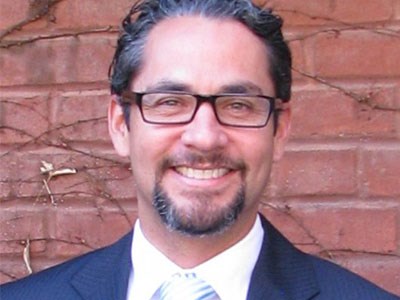Resource extraction companies that take huge investment risks are always looking for certainty in the areas they operate.
The Canadian Council for Aboriginal Business (CCAB) says its Progressive Aboriginal Relations (PAR) program is the “perfect conduit” to smooth the path for industry to make inroads, make friendships and develop better relations in the Aboriginal business world.
“Companies are coming in and doing business in our backyard and in our communities,” said CCAB president and CEO J. P. Gladu.
“Many of them struggle on how to engage and this framework does provide that platform to think about their strategy and their long-term commitment to the projects including the Aboriginal people in the area.”
The PAR program is the council’s main corporate social responsibility program and is believed to be the only one of its kind in the world.
Created in 2001, PAR is a certification program involving a graduated system where the companies involved set out measurable goals for themselves in areas of employment, business development, community investment and community engagement.
Companies can achieve bronze, silver or gold status.
“The companies that come through this program…they see it as a valuable tool for shaping up their strategies and policies on how they employ, engage, invest, support and procure business development,” said Gladu.
CCAB-appointed verifiers track the companies’ progress and a jury of Aboriginal business people decide if they have done enough to move onto the next level. The program’s primary foundation is that is it continually asks companies to measure and improve upon the targets that it sets.
There are a handful of top-level companies that have achieved the coveted gold standard of certification, namely BC Hydro, BMO Financial Group, Cameco, Diavik Diamond Mines, IBM, Manitoba Lotteries and Alberta Pacific Forest Industries.
Gladu is loath to use the word “consultation” to describe the program but there are aspects of accommodation.
But rather than come into a potential business relationship cold, Gladu said, the program sets up a framework for early stage dialogue and provides some “substance” to the discussion. “The mantra is engage early and often.”
CCAB through the PAR program doesn’t get involved in negotiating impact benefit agreements and they don’t act as mediators if that dialogue reaches an impasse. “But we have companies in our membership that can,” said Gladu. “We’re a powerful network of business and accessing that network we see as being pretty valuable.”
Like a seal of good housekeeping, certified companies can promote their status level by using the PAR logo on their websites, correspondence or marketing material; signalling to the communities that they are good business partners, are great places to work, and are committed to prosperity in Aboriginal communities.
Natiea Vinson, director of program development, said participating in the program “adds credibility” to the work that a company might already be doing in the area of Aboriginal relations.
The first step toward participating involves becoming a CCAB member at the “committed” level.” Membership fees vary based on the company size with the money going toward the verifiers for their services. Fees for large companies can range between $1,000 and $5,000.
Gladu admits finding nation-wide acceptance for the program has had its share of challenges for CCAB at the Aboriginal leadership level because of politics and frequent turnovers at the chief and council level. Sometimes whatever progress was made in the communities has to be rebuilt.
“But it’s always about being more progressive, it’s always about pushing the boundaries, getting better and achieving more.”




